

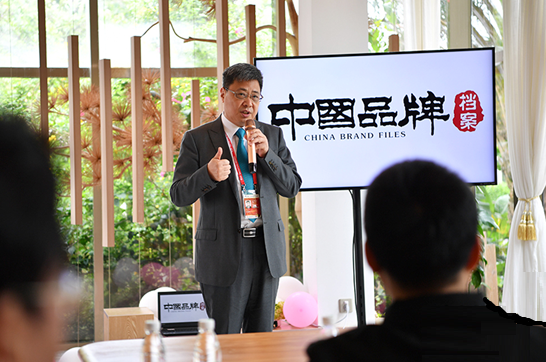
A forum on Chinese brands going global was held on Wednesday in Nanqiang village, Boao, dubbed as a beautiful "rural meeting center" for guests participating in the 2021 Boao Forum for Asia Annual Conference, with officials and corporate executives exchanging insights on promoting more Chinese brands going global.
"Hainan will strive with greater efforts to boost connections between China and the world, through channels and measures such as fostering more Chinese brands, expanding their international presence, granting preferential tax rates to enterprises and professionals and cutting restrictions to welcome investment in Hainan," said Wang Lei, deputy secretary general of the CPC Hainan Provincial Committee.

WASHINGTON -- China has made great strides in reshaping its own economy based on technology, and now other emerging markets are getting a push from the same digital engines, International Monetary Fund Managing Director Kristalina Georgieva said Monday night.
Delivering remarks for the opening ceremony of Boao Forum for Asia Annual Conference, Georgieva highlighted three major global changes, which include digital transformation that has been accelerated by the COVID-19 pandemic.
China's continual upgrading of consumer demand, increasing urbanization of its population and biggest market size remain appealing to New Zealand, and the complementarity between two countries is excellent in bilateral trade, said Ivan Kinsella, chairman of the New Zealand Business Roundtable in China at Boao Forum during an interview with China Daily.
He looked forward to an even better year in communication between the two countries, not only through good trade but also the services sector, such as tourism and international education.
"Considering the business environment in China, I think it's very strong and we are very optimistic about the future," said Fabrizio Ferri, CEO of Fincantieri China.
Ferri noted the holding of the Boao Forum on-site in Hainan Island shows China is able to manage the pandemic.
"China remains and has been for a long time the most important market and most significant market for Fonterra," said Teh-han Chow, Greater China CEO at Fonterra Co-operative Group.
Chow also discusses Chinese market development, business climate and the Regional Comprehensive Economic Partnership.
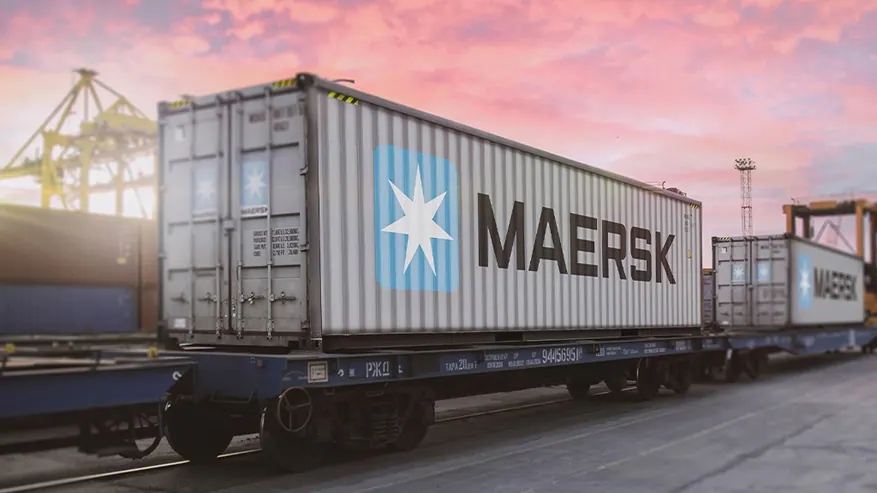
BOAO, Hainan -- China has embraced tremendous changes in the past two decades and has presented huge market potential with its endeavor to pursue high-quality development and promote regional connectivity, said Jens Eskelund, managing director of Maersk China Ltd.
"China joining the World Trade Organization (WTO) in 2001 was absolutely transformative," he told Xinhua in an exclusive interview on the sidelines of the annual conference of the Boao Forum for Asia.
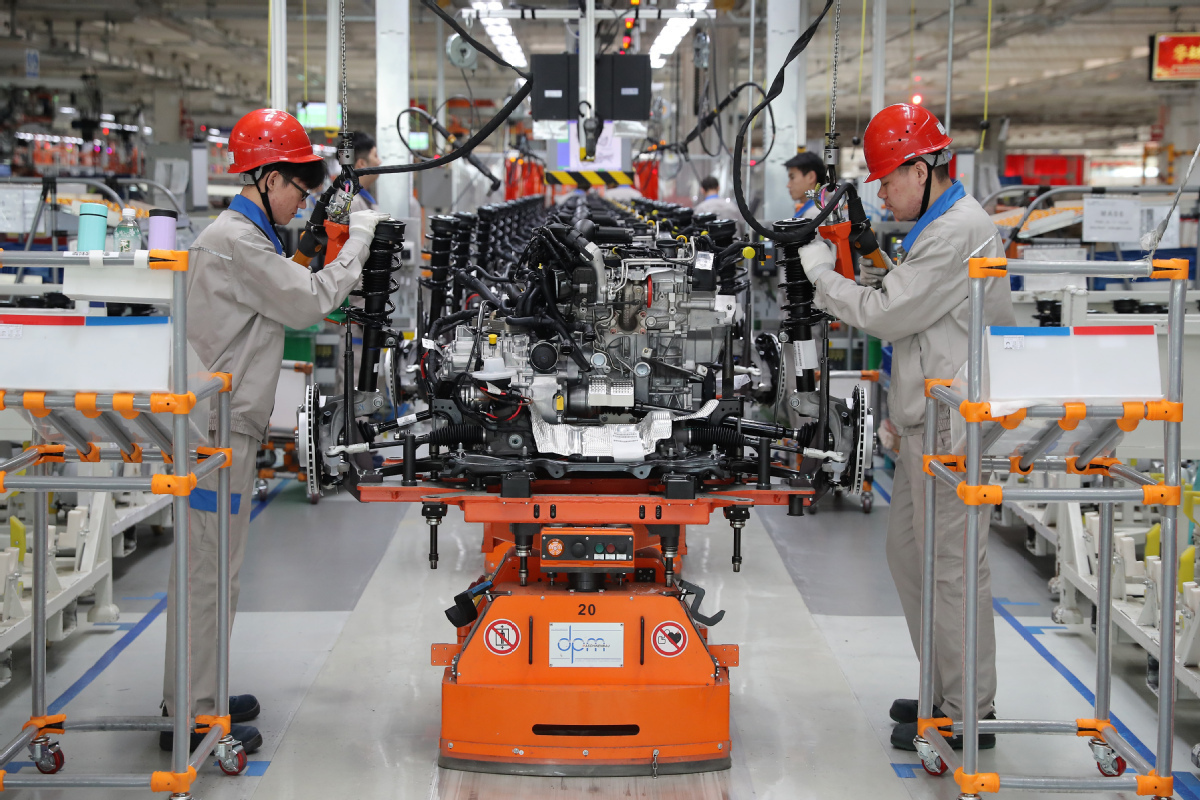
China is dedicated to opening its economy wider under the new dual-circulation development paradigm, with a key focus on building an open market and expanding institutional opening-up, while boosting innovation-driven development, experts said on Wednesday.
"China is set to become the world's largest and most promising market in the near future," said Zeng Peiyan, former vice-premier of China. "During the 14th Five-Year Plan period (2021-25), China will enter a new stage of pursing high-quality development driven by innovation and reforms."
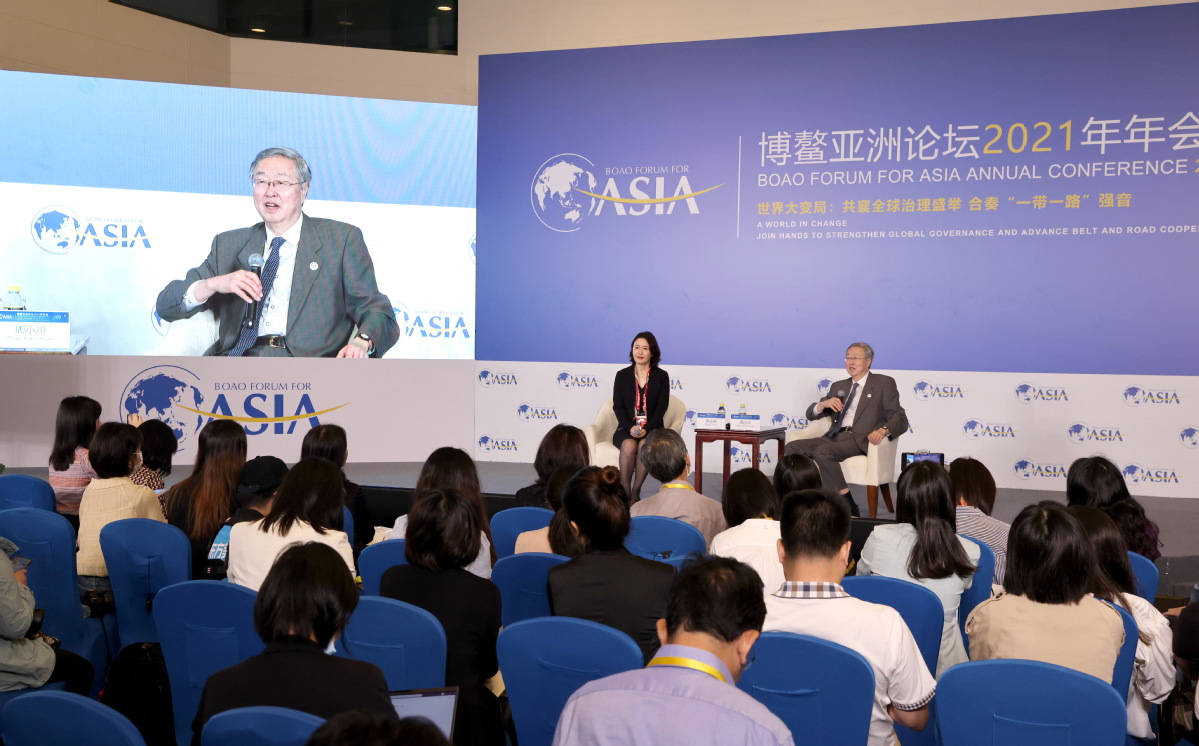
Former PBOC governor says write-offs may increase financial challenges
Appropriate measures should be adopted to sort out the debt repayment issues of emerging economies, instead of waiving off the debts altogether, a former Chinese central bank official said.
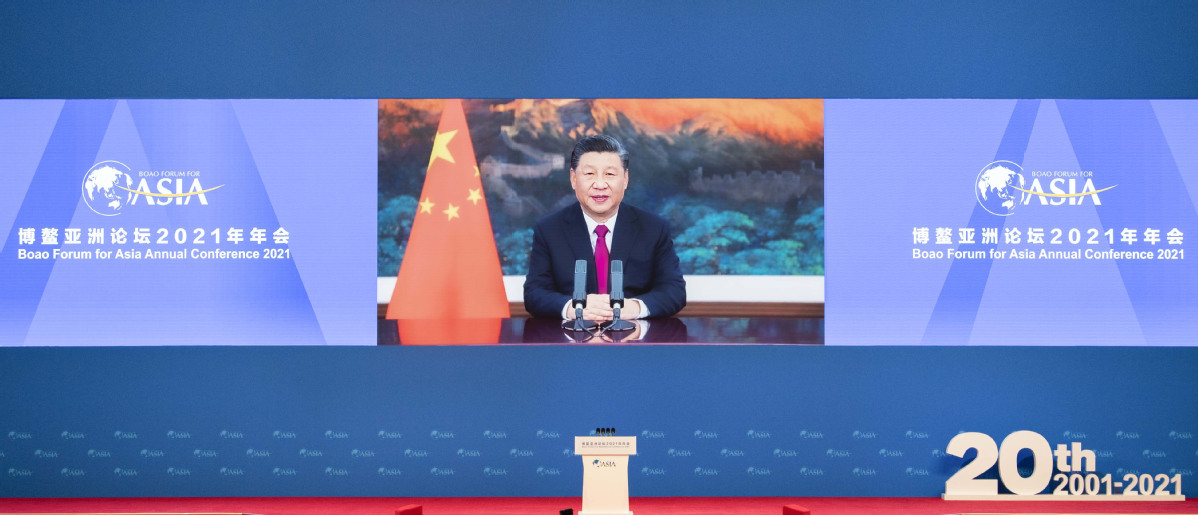
Experts from around the world applauded President Xi Jinping's keynote speech on Tuesday at the Boao Forum for Asia annual conference, where he called for upholding multilateralism, global cooperation and building a future of shared benefits.
In the speech titled "Pulling Together Through Adversity and Toward a Shared Future for All" and delivered via video link, Xi urged all countries to answer the "call of our times", defeat the pandemic through solidarity, strengthen global governance and keep pursuing a community with a shared future for mankind.
Foreign companies were seeing the business environment quite favorably in China, said Denis Depoux, global managing director at Roland Berger in an interview at this year's Boao Forum for Asia.
Depoux praised China's actions to control the COVID-19 pandemic, and said that the country demonstrated an extraordinary resilience in its supply chain through the crisis, coming back to normal very rapidly last year, which is contributing to the global recovery.
China has gone from being a large market companies have focused on to an innovator of global trends, said Allan Gabor, president of Merck China, during an interview at this year's Boao Forum for Asia.
Gabor also shared his views on industrial internet, semiconductor shortage, Chinese market, the pandemic control in China and the Foreign Investment Law.
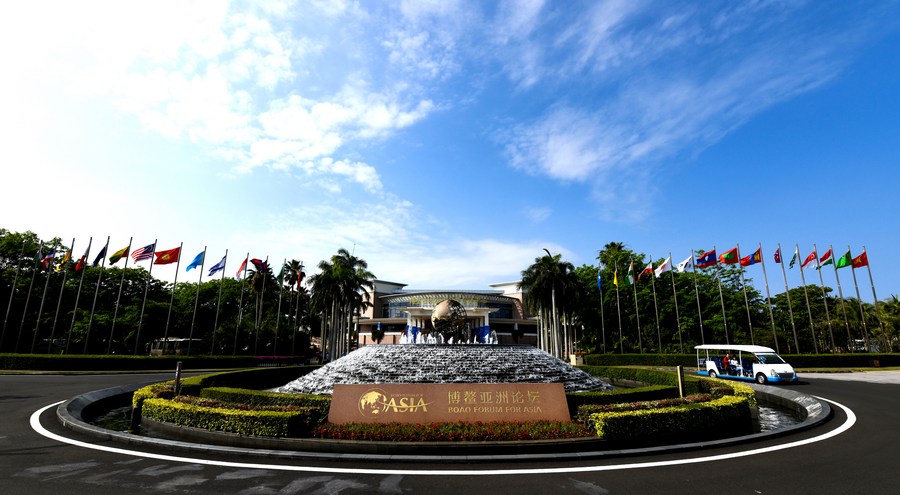
SAN JOSE -- The Boao Forum for Asia, which started its annual conference Sunday in South China's Hainan province, is of great importance for the world amid various global challenges, former president of Costa Rica Jose Maria Figueres has said.
The forum is of "particular importance" as this year marks its 20th anniversary, Figueres said in an interview with Xinhua.

BOAO, Hainan -- China will enhance communication and exchanges in green finance with countries around the world to jointly promote green development, an official with the central bank said Tuesday.
Asia has broad consensus on the green transformation of the economy, and major Asian economies have taken positive actions in this regard, Yi Gang, governor of the People's Bank of China, said at a sub-forum of the Boao Forum for Asia annual conference.
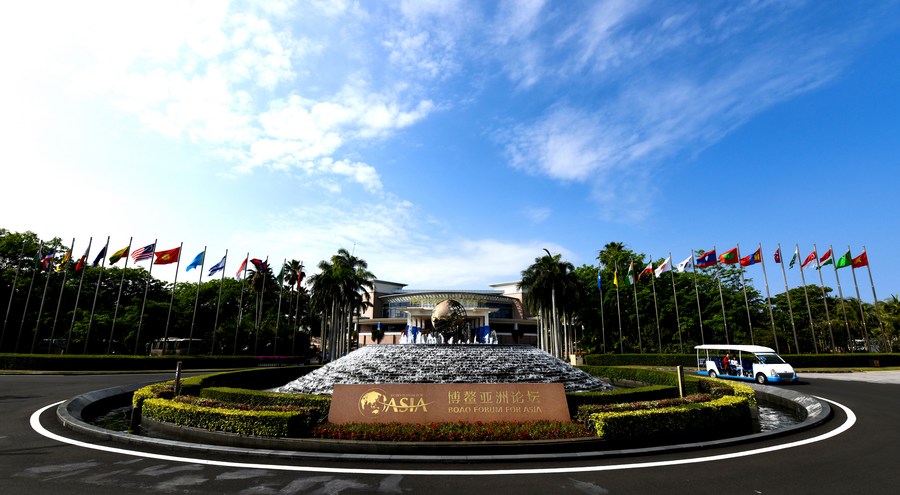
BOAO, Hainan -- This year marks the 20th anniversary of the Boao Forum for Asia (BFA), an increasingly influential platform that has witnessed China's opening up and integration with Asia and the global community.
The ongoing annual conference in Boao, a town in South China's Hainan province, has attracted 2,600 attendees, including government officials, entrepreneurs and scholars from over 60 countries and regions.
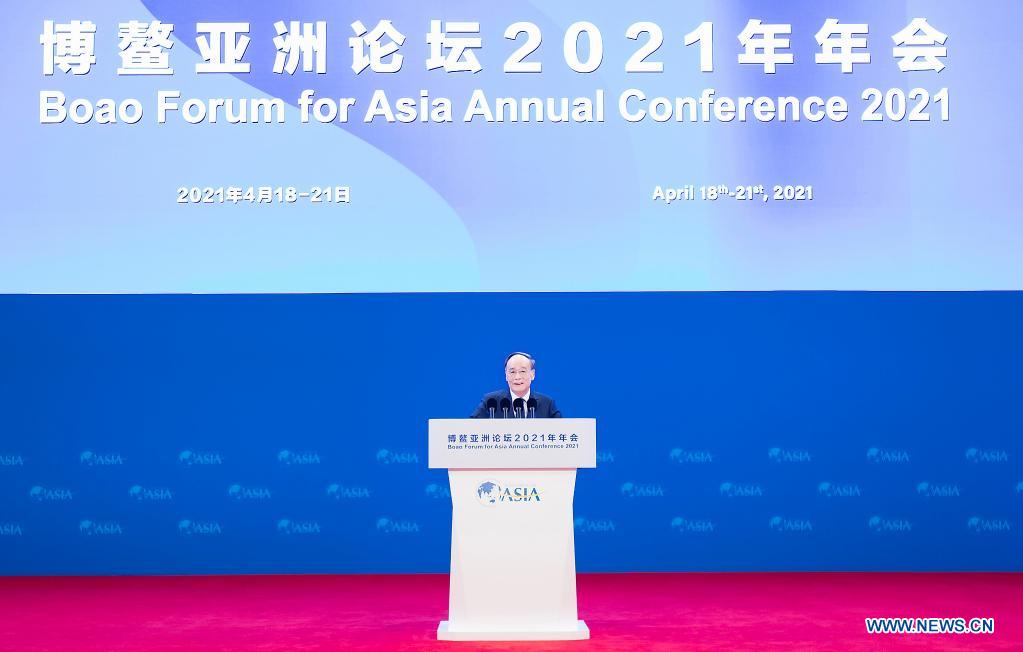
BOAO, Hainan -- Chinese Vice-President Wang Qishan Tuesday expressed the hope that the Boao Forum for Asia (BFA) can form more Boao views with Asian countries' wisdom to improve suggestions for the long-term development and prosperity in Asia.
Wang made the call Tuesday when meeting with members of the BFA board of directors and the forum's strategic partners. Wang attended the BFA Annual Conference 2021 opening ceremony on the same day and exchanged views with representatives from the business circle.
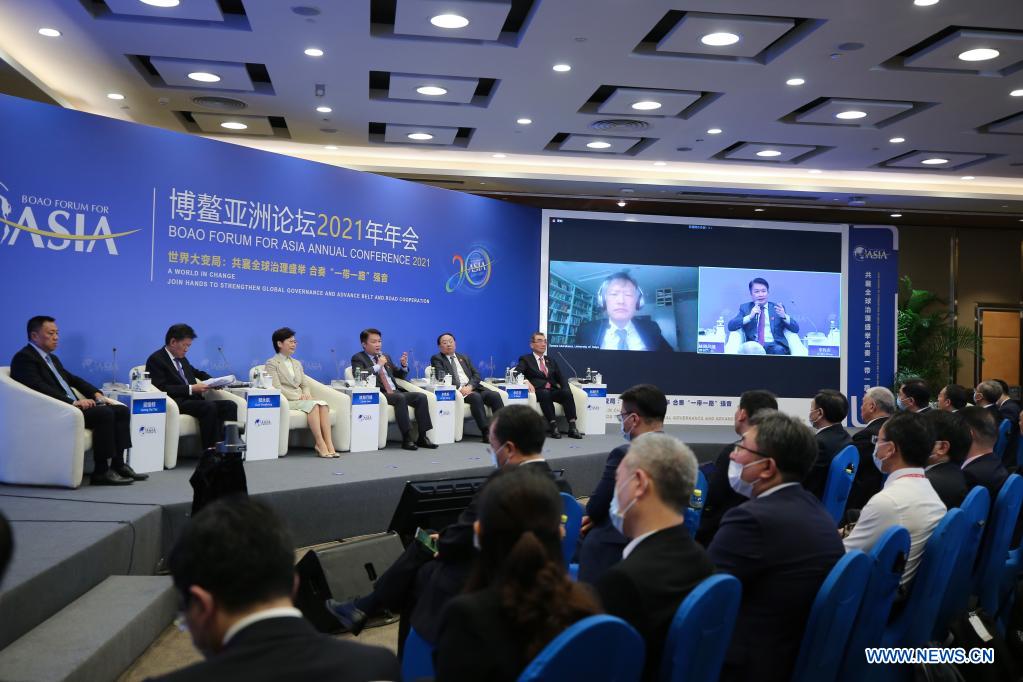
BOAO, Hainan -- Attendees from Hong Kong and Macao at the annual meeting of the Boao Forum for Asia (BFA) on Tuesday called for technological innovation to spur high-quality development of the city cluster in the Guangdong-Hong Kong-Macao Greater Bay Area.
As one of the core cities in the Greater Bay Area, Hong Kong has strong basic scientific research capabilities and sound financial services, Carrie Lam, Chief Executive of the Hong Kong Special Administrative Region, said at a sub-forum of the annual meeting.
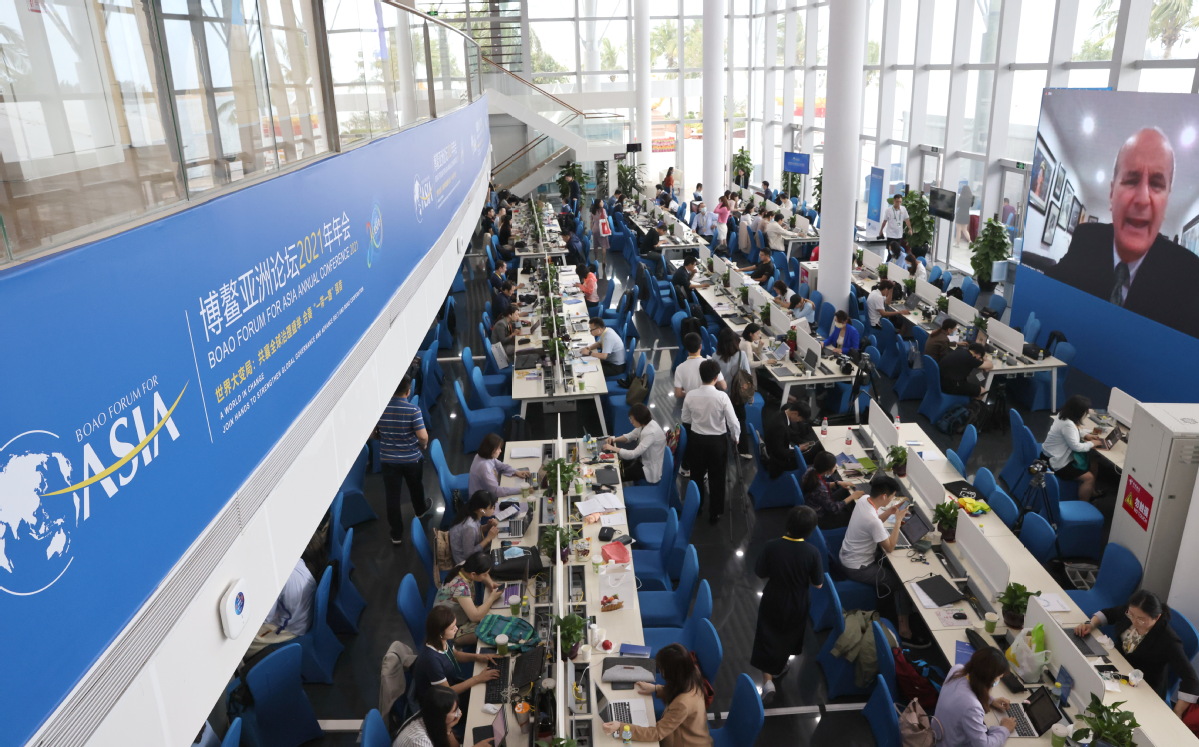
China will encourage the construction of green infrastructure in countries and regions participating in the Belt and Road Initiative, to foster sustainable and high-quality development of the global economy, officials and experts said on Tuesday.
Qian Keming, vice-minister of commerce, said the nation will focus on promoting green and low-carbon energy in markets along the Belt and Road and developing efficient, clean and renewable energies such as gas, solar, wind power, hydropower and nuclear power.

China's central bank chief vowed on Tuesday to mobilize financial support from all parties to realize the goal of the nation achieving carbon neutrality by 2060, and called for promoting a deepened opening-up of the domestic green financial market to foreign investors.
Yi Gang, governor of the People's Bank of China, said that the nation, which has issued the largest amount of green loans in the world, will continue to open up the financial sector and facilitate the participation of international investors in its green finance market.

Editor's note: Themed "A World in Change: Join Hands to Strengthen Global Governance and Advance Belt and Road Cooperation," this year's Boao Forum for Asia annual conference is ongoing in Boao, a coastal town in China's southern Hainan province, attracting more than 2,600 delegates from over 60 countries and regions.
Here are some of the quotable quotes captured from the forum.
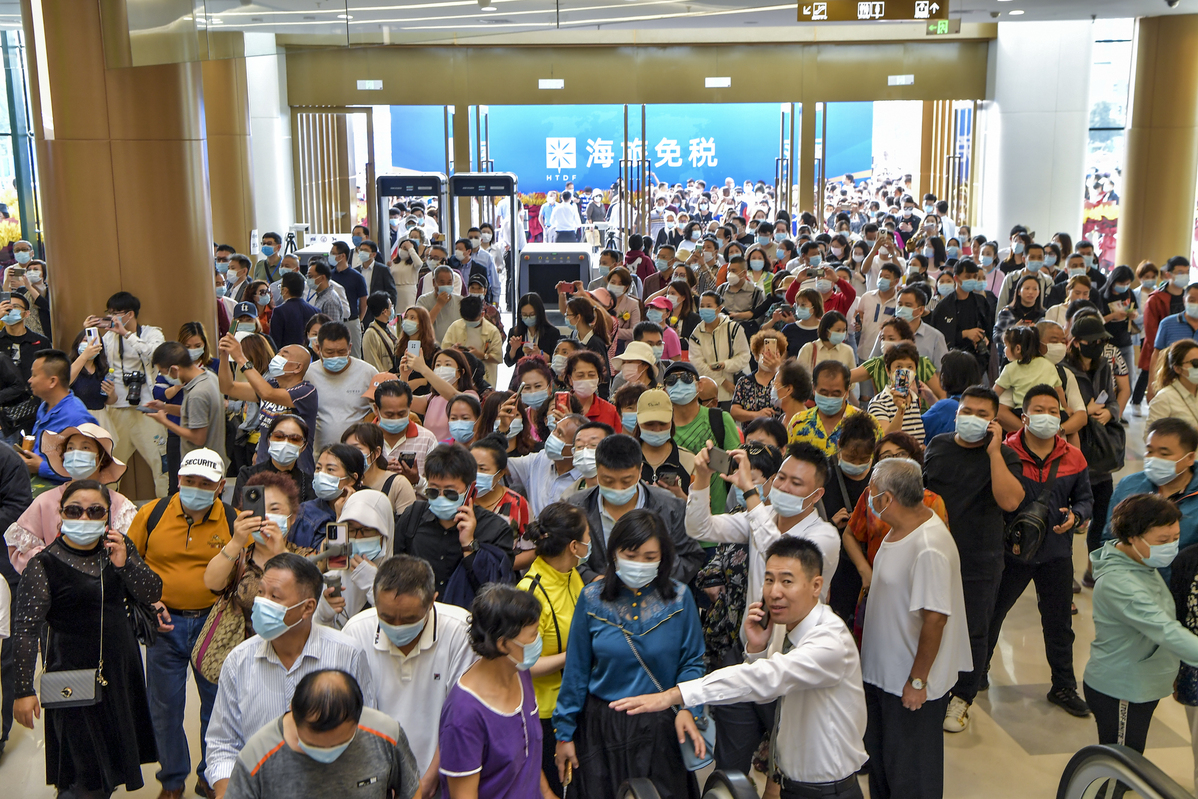
Hainan has sold about 98 billion yuan of duty-free goods in the past 10 years, with more than 25 million people shopping and about 120 million pieces of items sold, according to a news conference marking the 10th anniversary of the implementation of offshore duty-free shopping in South China's Hainan province.
Introduced in Hainan on April 20, 2011 to boost development of Hainan Island as an international tourist destination, the offshore duty-free policy has been continuously adjusted and upgraded regarding per capital duty-free shopping quotas, number of shopping items and times, and ranges of commodity varieties for the benefits and convenience of tourists, officials said at the meeting.
